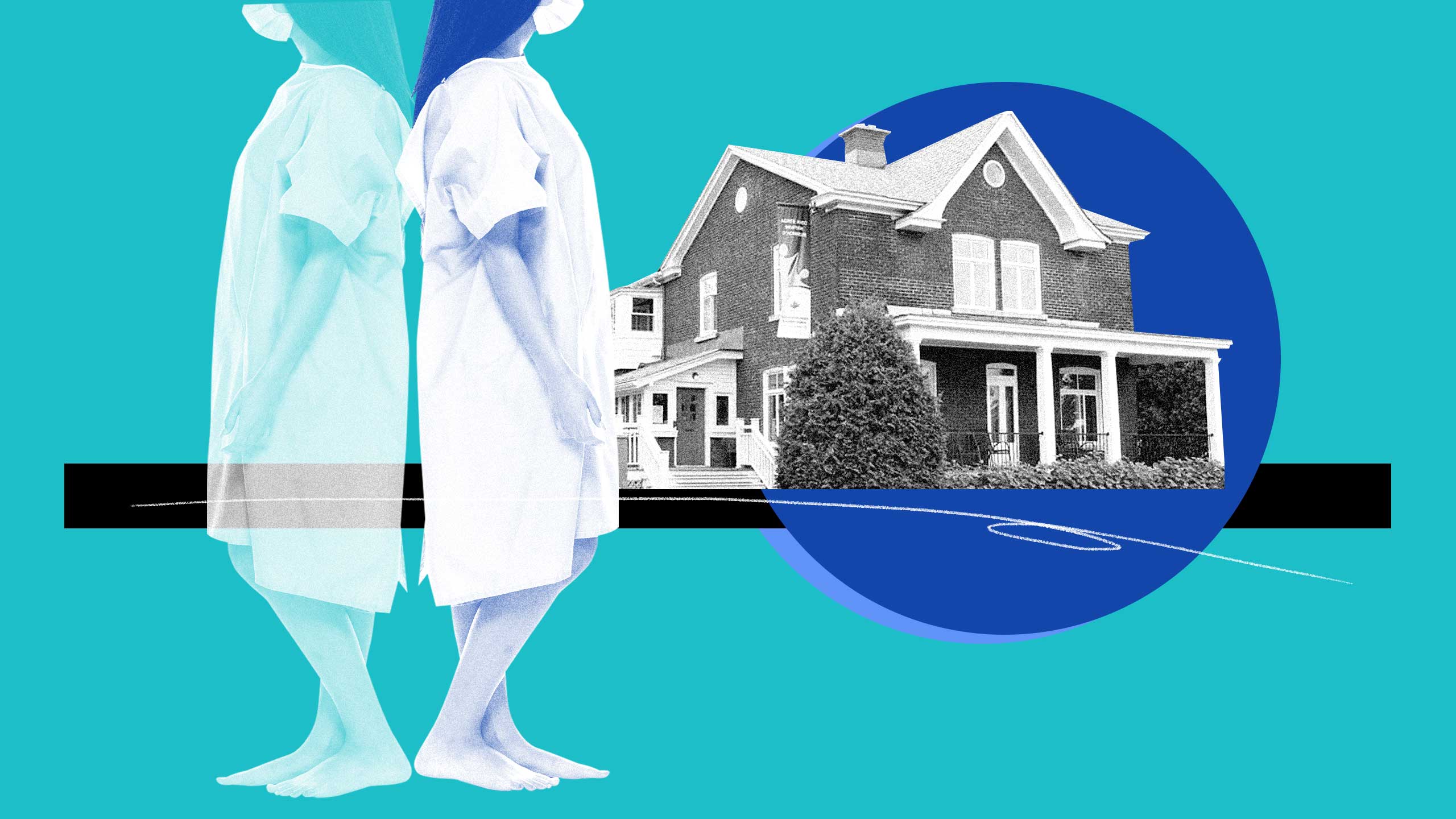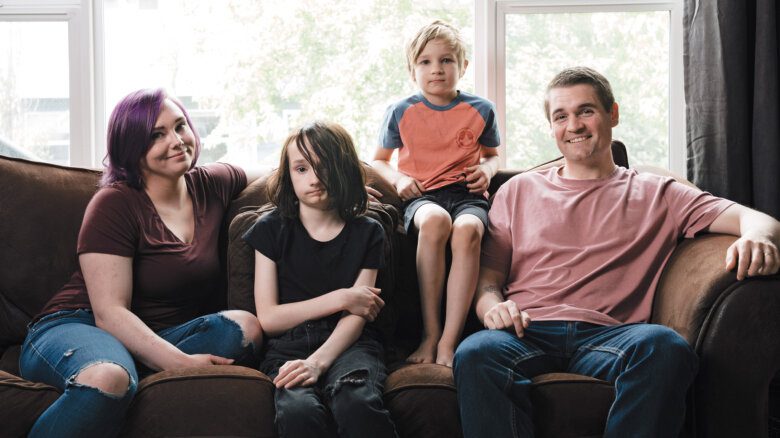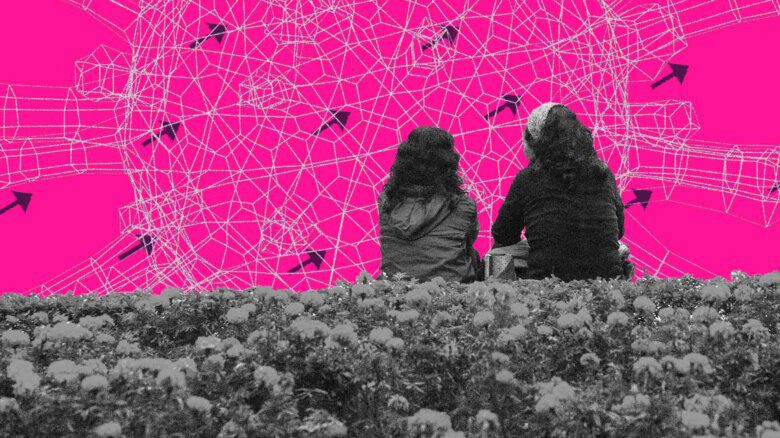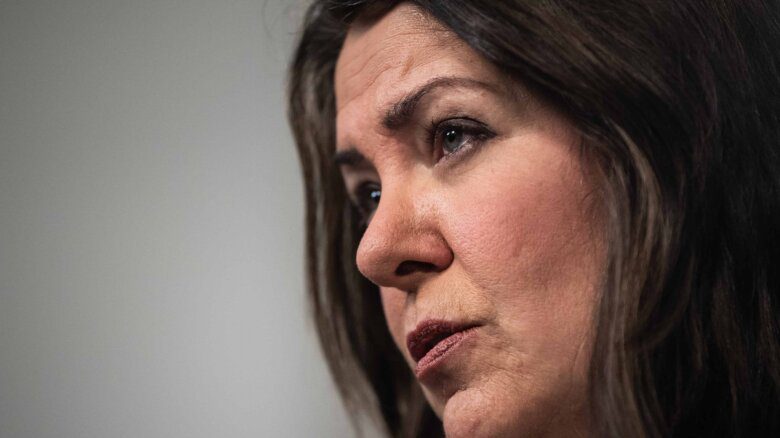The other day, a friend said, “I wasn’t sure you’d make it.” We were talking about my vaginoplasty, as two trans femmes do. On Nov. 1, 2021, I flew from Toronto to undergo the surgery at GRS Montreal, one of the few clinics in Canada that provides gender-affirming procedures. It’d been a long road for me: in the two years since I applied to the clinic for the procedure, I backed out once, went through setbacks both medical and mental and had to deal with both COVID-19 and a sense of rising transphobia in the world around me.
My friend told me they weren’t sure I’d actually go through with the procedure. And truthfully, I wasn’t either.
When I started transitioning in 2018, just thinking about surgery gave me anxiety. In my day job at a supermarket, I was frequently misgendered. I had enough on my plate as someone who, in order to pursue my freelance writing career, wore dresses at night when everyone had gone to bed. I only felt sane that way, and it bled over into my life in ways that people eventually figured out: I dyed my hair, painted my nails and sometimes left traces of lipstick on my face. Yet I was lucky, as people generally accepted me and even though some needed more time than others, I only lost a few.
“When I started transitioning in 2018, just thinking about surgery gave me anxiety.”
I started hormones on Halloween in 2018, a move that left me cold—I spent that whole winter shivering—but feeling more confident than ever. But I still wasn’t sure about gender-affirming bottom surgery. Yes, I wanted a set of genitals that reflected who I am. The hormone blockers, sure—it would be nice to get off of them. And I could fit better into pants. With time, I realized the dysphoria was deeper than that. It was spiritual: I wanted something I could look at and say, yes, this belongs.
In 2019, I told my doctor I wanted the surgery. Forms were filled out, tests were taken and paperwork was sent. Eventually, funding was granted by OHIP, the public health insurance plan for Ontario residents. I filled out more forms and talked to more people; by spring 2021, I was offered a date for the surgery: the first week of October. Everything was set.
And then it wasn’t. First, COVID-19 made the idea of travelling on airplanes and being in a hospital seem risky at best. Then I had a medical setback: in May, I contracted Bell’s Palsy and underwent a series of MRIs, but thankfully it amounted to nothing serious. Meanwhile, my day job was driving me wild; between regularly working overtime and getting misgendered by customers on a daily basis, my anxiety and depression spiked. One afternoon, feeling despondent, I cancelled the surgery—a move I thought would make me feel better. But I only felt worse.
Eventually, with the help and support of my girlfriend, I began to realize I had to put myself first. “Your job won’t love you back,” she said. Therapy helped, too: I realized I was letting my circumstances control me. I made lists of things I wanted to do, and every time, the surgery was at the top. So, in September, I rescheduled the surgery—just sending the email gave me a strength I’d been lacking all summer. It was like a weight lifted off me. Thankfully, they were able to get me in for November.
The media played a role in my jitters, too. From the latest stories out of the United States and England to when the Quebec government proposed Bill 2, I’d find myself doomscrolling Twitter and feeling like forces were conspiring against trans people. With a steady media diet like this, no wonder I’d been so anxious! Reflecting on these stories as I flew out to Montreal made my trip feel all the more surreal.
“I’d put the wheels in motion, my fears were manageable and I knew if I stopped now, I’d always regret it.”
The day of the surgery, I got up early, took a cab to Asclepiade, a private clinic on the shore of the Prairies River in Montreal. It’s a building that’s modern and sleek in front—polished stone, large windows—and charmingly quaint behind, looking like a retrofitted cottage. I sat around for what felt like hours. It was your typical hospital-like experience: hurry up and wait. My surgery was scheduled for 2 p.m. By afternoon, anxiety was getting to me: Was I making a mistake? Would something go wrong on the operating table? Would I regret never having kids? I prayed. When it came time to go upstairs and talk with the surgeon, I admitted I wasn’t sure if I wanted to go through with it. I was scared. He offered to stop the whole process, but I said no, let’s go ahead—I’d put the wheels in motion, my fears were manageable and I knew if I stopped now, I’d always regret it. I was escorted to the operating room, a white, square room filled with equipment, shelves, nurses and hoses. I wrapped my arms in a blanket, and bent over for the spinal tap.
The next little while was a blur: I awoke in a room I still have trouble placing to the feeling of hands lifting me onto a bed. There were faces and places, but nothing I could recognize. Each ankle was fitted with a device to keep blood circulating that felt like leg irons. Someone threw up outside my room, and then I heaved, too. And when I finally started to feel around myself and check the surgical area, there was a dressing on my genitals—a big white thing that was dyed by blood into a dark hue. (“The Lobster Claw,” as the girls called it at the recovery home, because it’s red and it pinches.)
Typically, there’s a lot of social interaction at the recovery house. It’s connected to the clinic by a short hallway, but it feels like a different building: bedrooms everywhere, wooden bannisters and staircases and bright, warm colours on the walls. There’s a big, solid dinner table in the main room, another common room with couches and board games. In normal times, it’s like a college dorm—everyone’s going through the same experiences together, everyone bonds.
But with COVID-19, everybody kept to themselves. There was no eating at the big table, no board game nights. Everybody stayed in their rooms, making a potentially bonding experience feel relatively isolating. Chance meetings in the hallway became the norm. I met N., who had the room next to me. There was J., who was just down the hall. I hit it off with both of them. Like me, N.’s a writer: she told me about getting published and we spoke of mutual friends. Meanwhile, J. lived out west and worked in IT; we had visited the same haunts in Calgary and we bullshitted about music and history. Casey Plett wrote in her last book, A Dream of A Woman, that trans women compete over their traumas, but here, discussions were simple: “What do you do for work?” or “How did you meet your fiancé?” It was nice, considering what was happening on the outside.
“I felt safe in a way I hadn’t felt before, like while I was here, nothing bad could get to me and for once I could let my defences take a well-needed break.”
Indeed, at Asclepiade people were cheerful and polite. Conversations drifted to the business of recovery: tips on inserting the dilator, what to expect in the days ahead, if you’d had dressings taken off yet. It was affirming, right down to a little whiteboard on the wall with my name and pronouns for everyone to identify me by. Inside its walls I felt safe in a way I hadn’t felt before, like while I was here, nothing bad could get to me and for once I could let my defences take a well-needed break.
Life there was like living on a military schedule: Meals came at predetermined times and your days were planned out in advance; dilating came four times a day, a two-hour session with a three-hour gap between them. There’s always something: a sitz bath, air-drying or just preparing yourself.
Soon, I started hearing the terms I’d use in post-op life. One was “The Hat,” a little white bucket you peed in, used to measure your urinary output and make sure your bladder was being emptied. Or the “Lobster Claw,” which makes walking difficult. My favourite nickname, however, was “Orange Crush,” used for the number four dilator, the largest of them and the most uncomfortable of the pack. There’s a painting of it in the lobby, a muscular anime girl grinning and flexing her muscles. One quickly got the point.
By Nov. 10, I was on a plane back home. It had been 12 days since I arrived, with 10 of them in post-op care. I cried when I left. Staying in Asclepiade was a powerful, singular experience. I was sad to leave a place where I felt safe and assured, where I could be around people who genuinely cared and around other trans people going through similar experiences and emotions as me.
But I learned a lot about myself: that I was able to go through major surgery on my own and survive; that I was able to get through all the red tape and depression and thrive. And more than anything, I left knowing that I’m a woman named Roz and nobody can take that away from me.


 Why you can trust Xtra
Why you can trust Xtra


